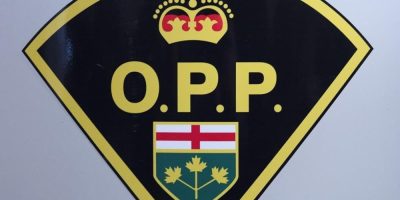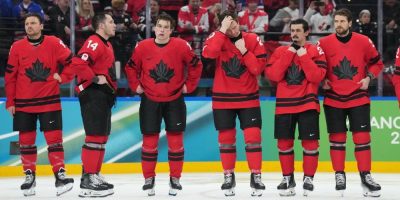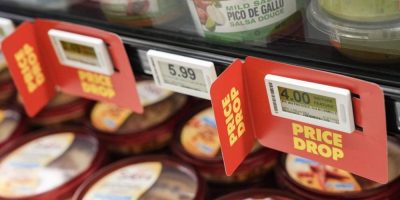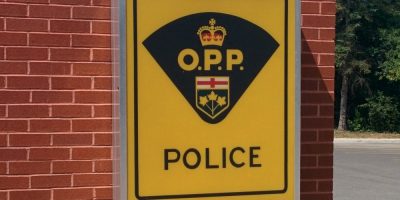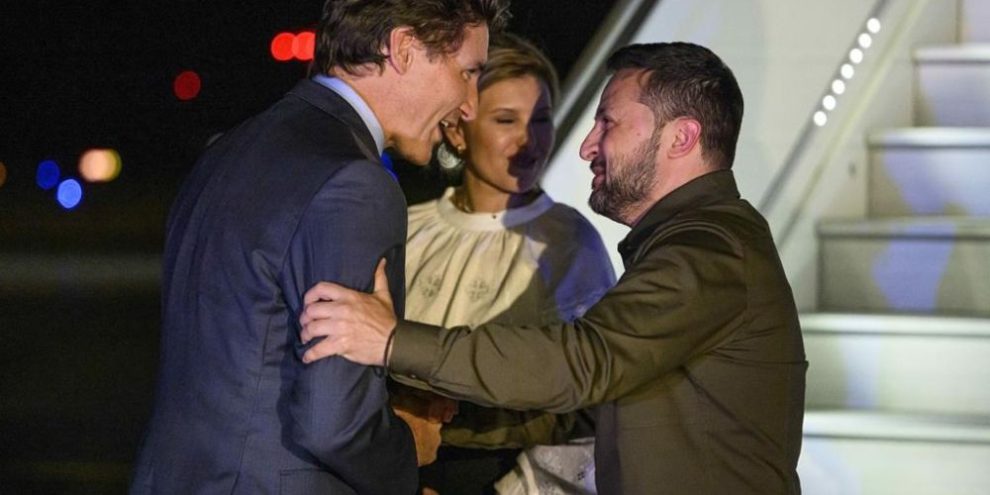
Dylan Robertson and Sarah Ritchie, The Canadian Press
The last time Ukrainian President Volodymyr Zelenskyy was in Canada, he was a relatively unknown leader fresh off an election win, focused on his showcasing his country’s efforts to make democratic reform and integrate with Europe.
Much has changed since July 2019.
Zelenskyy arrived in Ottawa late Thursday, an instantly recognizable wartime leader in his signature olive green, focused on his country’s survival.
"He’s become a hero to a great many people, certainly to me," Bob Rae, Canada’s ambassador to the United Nations, told reporters Thursday in New York.
"He’s a man of great dedication and great personal courage."
Rae noted Canada’s significant contributions to the war effort so far — taking in thousands of Ukrainians who are fleeing the war, along with providing more than $1.8 billion in military aid, equipment, and supplies.
Still, Zelenskyy and Prime Minister Justin Trudeau are expected to talk about what more Canada can do to help Ukraine defend itself against Russia, 19 months after rockets started raining down on Kyiv.
Trudeau has made the case for helping Ukraine at international gatherings including the G7, G20, NATO and at this week’s UN General Assembly.
On Wednesday, he called for a complete withdrawal of Russia’s troops and the creation of a peace pact that "respects the UN Charter, is based in international law and preserves Ukraine’s territorial integrity."
His remarks come a month after Ukrainian Foreign Affairs Minister Dmytro Kuleba asked Canada to use its "diplomatic muscle" to sell Kyiv’s plan to other countries, and for Ottawa to increase its anti−landmine support and extend military funding beyond the next year.
Today in Ottawa, Zelenskyy is set to address Parliament for the second time since the invasion began in February 2022.
In his virtual address in March of that year, the Ukrainian leader’s main request to Parliament was for NATO to impose a no−fly zone, along with pleas for cash to help with humanitarian efforts. He told members of Parliament that 97 children had been killed at the time.
Just shy of two years later, more than 9,000 civilians have been reported killed, including more than 500 children — though the UN agency that is tracking casualties warns the actual figures are likely much higher.
Russian airstrikes continue as Ukrainian forces try to break through the front lines in a months−long counteroffensive that is moving more slowly than many had hoped.
Ukraine’s ambassador to Canada, Yuliya Kovaliv, told a Wednesday panel that Ukraine wants more military aid faster to stop Moscow from replenishing its war chest.
"The reason why it’s moving so slowly is that Russia used this moment for the last nine months, being on Ukrainian territory (and) occupying it, to build fortifications, to mine the land," Kovaliv said at a University of Ottawa event.
"To move on this battlefield to liberate each and every village, it takes very careful operations," she said.
"Each and every day when our partners are still hesitating, or some bureaucracy (is) moving slower to make this eventual decision of the military support (and) delivering (it) to Ukraine, unfortunately, Russia is using this each and every day to occupy, to conscript more, to produce more weapons."
She added that Ukraine anticipates Russia will bomb civilian infrastructure this coming winter, as it had done last year. Trudeau has accused Russia of weaponizing energy and food.
At the panel, Kerry Buck, who served as Canada’s ambassador to the NATO military alliance from 2015 to 2019, said Ottawa has done a good job training Ukrainian forces, since Canada lacks a large military−industrial sector from which it could supply weapons.
But she said it’s clear that Zelenskyy needs more arms to fend off Russia.
"Ukraine must win, and I don’t think anyone is doing enough yet," she said.
“The last year and a half has been a test of the international community, to see if they can respond with sufficient unity and purpose to protect the values that the post−war order is built on."
Zelenskyy himself warned the United Nations Security Council this week that Russia intends to destroy the postwar order.
He called Moscow’s 2014 invasion of Crimea and the 2022 full−scale attack "criminal and unprovoked aggression" by a terrorist state, and asked the United Nations to strip its Security Council members — including Russia — of their veto.
"The goal of the present war against Ukraine is to turn our land, our people, our lives, our resources into weapons against you — against the international rules−based order," he told the United Nations on Tuesday.
Zelenskyy is planning to travel to Toronto to meet with business leaders and attend an event, the Prime Minister’s Office said.
banner image: The Canadian Press
